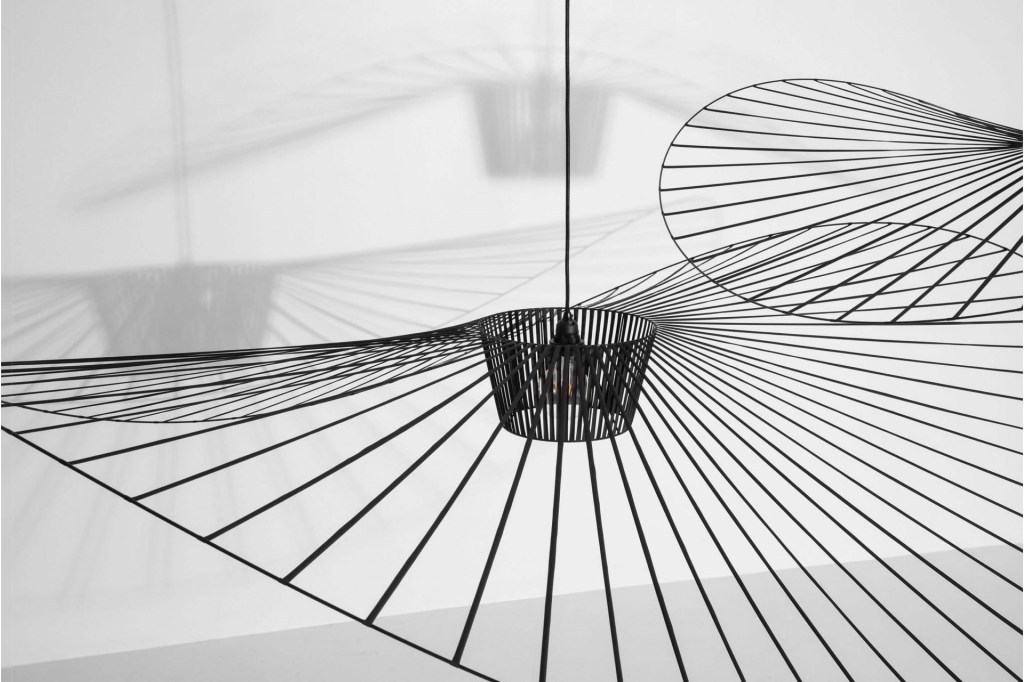
Today I was working with my trainer trying to get this old body ready to climb Mt. Kilimanjaro again.
We are really working on my leg flexibility right now, one of the things I need to get good at if I want to climb a huge mountain mass like Kilimanjaro. It is a very slow process.
We thought that it would be interesting to do some writing about living with vertigo, especially training with vertigo because sometimes you just have to move on.
In late November, I came down with a vicious attack of vertigo. Everything started spinning and there was absolutely nothing I could do about it. When things didn’t get better by the next morning we went to the hospital to check things out.
I got some pretty immediate treatment seeing how I was displaying the same symptoms as a stroke. Fortunately, after a day’s worth of tests and lots of doctors, it was determined that I had something called vestibular neuritis or an inner ear infection. Not all that interesting, but something that is pretty common. It can also have a dramatic impact on your life.
Now six weeks later, I still have most of the symptoms of this condition. I am dizzy most of the time, my balance is off, sometimes considerably but I don’t have any problems with my hearing or vision, here I am fortunate. I have daily exercises that I do. One has to do with rotating my head while throwing and catching a ball – our dog really likes this one.
I am fortunate because right now my work schedule is pretty light. In December I didn’t do anything but catch up on old movies. I actually did a Facebook survey to get some ideas for things to watch – I got a pretty good list!
Others have it so much worse. My wife Heather had Meniere’s Disease, also an ailment of the inner ear but so much worse. She dealt with this condition for at least eight years all the while teaching full classes of grade 7’s. The condition would sometimes lead to terrible attacks of nausea that would leave her world spinning for hours.
One of the reasons I am doing OK, is that I have the benefits of Heather’s experience. I am learning all sorts of tricks about how to navigate through my day and how to monitor my energy level.
It is one of the amazing things about teachers like Heather is their ability to cope with chronic conditions and still teach a group of students. Pretty amazing, really brave.
It is interesting to note how people react to invisible conditions. Many people have told me about their experiences with inner ear ailments. People talk about going for months without being able to keep their balance, a constant buzzing or fogginess in their heads. They also talk about recover which is really good to hear.
There is another group of people who unfortunately don’t get it. One person, once I explained what was going on said he thought I just had a cold. Some people, good friends have paid no attention to what is going on here. In one case, a former good friend was insulted when we cancelled a dinner because Heather was experiencing an inner ear attack. But let’s not focus on these folks.
There is a lot going on out there. We really don’t know what people are coping with and what people do every day to put up with a whole variety of conditions.
I think the only thing I would ask of people, especially friends is to take a few seconds to actually acknowledge when someone has been hit by a pretty debilitating condition. I am not asking for sympathy, just a few seconds of directed attention in the space of a busy day.
That’s not going to happen and writing about this doesn’t matter at least not to others, to me the writing matters.
What I love about my trainer is that he always takes me where I am. He is someone who has gone through battles I cannot even imagine and he thrives. He knows how hard it is for me to do a certain type of squat because today, for instance, my balance is not very good. But I do it and he is overjoyed. I am all over the place and my head is full of cotton, but I am doing my best stretches ever.
After the session I feel better, my head clears a bit. I am thankful for those who take the time to notice, my family, my trainer and a few of our friends.
This is a good reminder to try to be there for others. Try not to stay on your busy track and miss the moment to notice what is going on with another person. Take the time to get outside of your bubble, don’t move on too quickly.


Paul, it is so courageous of you to keep training for Kili! I really hope this situation clears up well before you get back the Tanzania.
LikeLiked by 1 person
Hi Byron you and me both!
LikeLike
I can relate although I have not been diagnosed yet… more tests and more tests and more tests. And I am stuck like this. I have a hard time with everything and everything is so exhausting as is sitting and standing. And thinking is difficult. Reading is off for most of the day. Loathsome condition.
LikeLiked by 1 person
Sorry to hear this Nikki. What kind of tests are they doing? Can’t believe how common this is!
LikeLiked by 1 person
They are repeating the VNG test because I failed it in a weird way so they want to ensure it wasn’t the test. I also have lesions on my brain from my MRI so now I need an MRI with contrast. SO they do not know if the vertigo is my ear, from migraines (which I have) or MS (which is now a possibility). So literally they know nothing at this point until they do more tests.
LikeLiked by 1 person
That must be so frustrating!
LikeLiked by 1 person
It is getting very frustrating, yes
LikeLike
Paul, I can’t imagine how frustrating this must be. My niece had vertigo this past summer and enrolled in a clinic in Toronto to help with gaining some control. She appears to be dealing with it now so hopefully your exercises, your attitude and determination will show progress. Shaun is definitely an inspiration and good that you have his understanding and encouragement as well. If I get any good suggestions of what worked best with my niece I’ll pass them on.
LikeLiked by 1 person
Great, thanks very much Wendy.
LikeLike
I started a new career as an EA later in life and had 3 days of vertigo. 2 years later 3 months and the next year 6 months. Many doctors later, I found out it was migraine associated vertigo( all the symptoms of a migraine without the pain) that doesn’t involve my ears. I could not work or even sit in a restaurant through those times. The head pressure caused anxiety because I couldn’t focus. I felt i was letting everyone down. People thought it was depression. The isolation I needed for peace mimicked depression but i wasn’t depressed. I took in the world and its trouble before my condition and the MAV shut it all down. I had no choice but to feel complete peace. I feel like it saved my life in some ways. I’m not the same person I was. I don’t allow all the incoming chaos to disturb me. I don’t worry what people think. I don’t try to be ON all the time like I used to. My neurologist gave me natural remedies that healed me along with help from my chiro and ART. I still get it but I know what to do to get rid of it now before it takes over. I can say it saved me because I got control of it and I learned from it. If I didn’t I would not have any quality of life. My heart goes out to everyone suffering from vertigo. Thank God for professionals who know how to help.
LikeLiked by 1 person
Thank you for sharing Paul. It seems you are not alone. Your sharing is so helpful. As I write this in San Miguel MEX my head is light and balance not what I need for these cobbled streets. Nonetheless I carry on hoping each day will improve and thinking it is the altitude, dry air, age etc. causing the problem. Hmmm maybe vertigo? Good luck and keep us posted please.
LikeLiked by 1 person
Hi Virginia. What altitude are you at? This could affect your balance until you acclimatize.
LikeLike
Hey Paul – I hope things start to subside soon – how frustrating for you! Good luck with the training.
LikeLiked by 1 person
Paul, I salute your astonishing fortitude. I had a single full day of vertigo (very recently). Rolled out of bed with it one morning and dealt with it for that day (16-18 hours, maybe?) and was incredibly thankful to wake up the following day without it. I cannot, CANNOT imagine living with the condition for longer than I did — let alone training, as you are. I realized that day how limited my movements were and how I had to rethink certain activities to avoid the awful spinning sensation. I felt a sort of low-level terror the entire time that the condition would never go away.
I have learned it several times over the years that I was unable to sympathize fully, or empathize even partially, with something I had not experienced myself – different types of loss, physical or emotional pain, sickness, or even events and emotions at the opposite end of the spectrum (joy, love). People can express platitudes to others, but that’s about as far as their engagement can go. Your spirit and perseverance should awe and inspire everyone who knows you. I truly hope your symptoms subside if that is at all possible. Meanwhile, good luck with the ongoing training, which is surely difficult but will have its own rewards in other ways in spite of everything else.
LikeLiked by 1 person
Thanks very much Terry – very wise words. The vertigo is getting better – very slowly, but the training seems to be helping.
LikeLike
I know what you mean with it being an invisible illness. I’m in a band and had to do a tour of Europe with Labyrinthitis. It was a nightmare and the worst thing about it was no one understood how bad it was. Our bass player actually quit because he thought I was making it all up as an excuse to sit in the front of the car and to get out of carrying equipment.
LikeLiked by 1 person